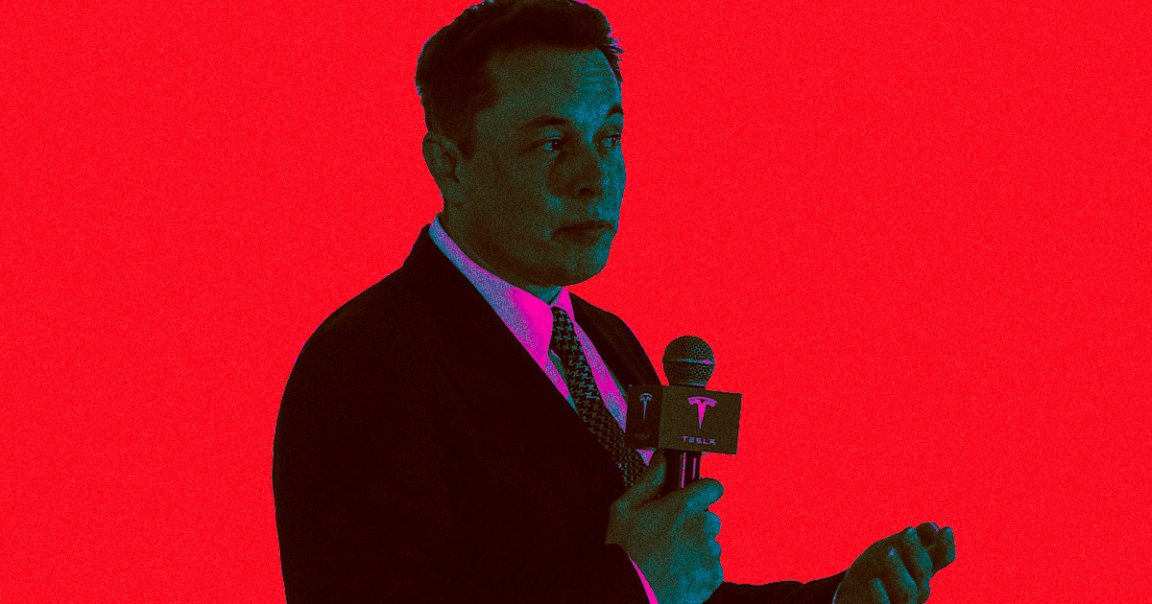
Moneymaking
While OpenAI is soaking up the limelight after releasing ChatGPT and its next-generation GPT-4 language model, this week, Elon Musk, who was a co-founder of the company, hasn’t shied away from expressing his disdain (or horror) over its newfound direction and success.
And he’s not done with his groaning and moaning about the company, replying to a Twitter user who mocked its pivot to becoming a for-profit entity back in 2019, months after Musk left over disagreements with the company’s direction.
“I’m still confused as to how a non-profit to which I donated [roughly] $100 million somehow became a $30 billion market cap for-profit,” he tweeted , doing his best to not sound like a sore loser. “If this is legal, why doesn’t everyone do it?”
Indeed, if we blew $44 billion on an overpriced website with a tanking revenue and fleeing advertisers, we would also be baffled at the concept of making money.
ClosedAI
To be fair, Musk does kind of have a point, though coming from him, his comments amount to the equivalent of an unscrupulous businessman calling a company out for having no scruples.
As we’ve covered here before, OpenAI is a pretty sleazy company to be one of the foremost purveyors of AI.
Originally founded as an ostensibly altruistic nonprofit concerned about combating evil AI, it quickly dropped the humanitarian act and created a for-profit arm, securing a billion-dollar investment from Microsoft in 2019. Along the way, Musk jumped ship, citing disagreement with its new direction.
Now, as a private, venture capital cash cow, its valuation has ballooned to nearly $30 billion, and its projects are no longer open-source as its name once implied.
Bad Faith
Ultimately, though, it’s worth being skeptical of Musk’s motives behind repeatedly decrying OpenAI. Is he earnestly concerned about the company’s cynical transformation into a money-making machine and getting buddy-buddy with monoliths like Microsoft?
It’s certainly possible. But lately, Musk has betrayed what seems like an ulterior, or at the very least, a more sinister grievance: OpenAI supposedly pushing a “woke” intelligence.
In December, Musk responded to a tweet from OpenAI CEO Sam Altman, warning of the “danger” of “training AI to be woke.” Just a few months later, and it was reported that Musk is trying to build his own “anti-woke” AI to rival ChatGPT.
Whatever his true intentions, Musk is continuing to lay the groundwork for his counter-OpenAI narrative off the back of anti-woke rhetoric, maybe in the hopes of fueling the success of his own AI product in the future.
More on AI: Uh Oh, OpenAI’s GPT-4 Just Fooled a Human Into Solving a CAPTCHA